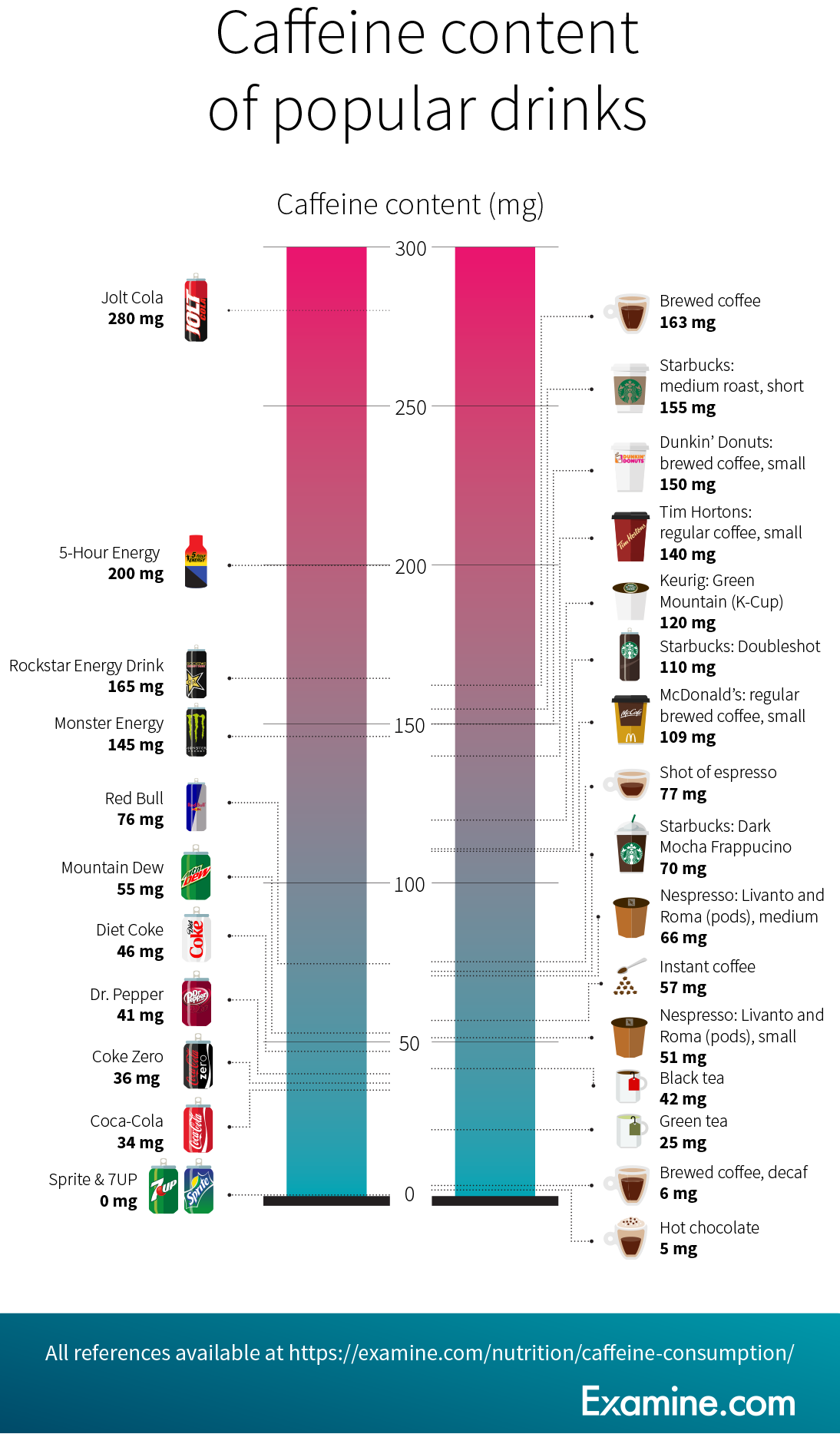Until we get EXACT PROTOCOLS on amounts needed for these two following prevention strategies, I'm going to be drinking as much coffee as possible. Over the course of a day I drink a 10 cup coffee maker dry. So I'm getting way over the 400 milligram suggestion. 1630 milligrams for me.
According to the Mayo Clinic, consumption of more than 500-600 mg/d of caffeine can cause insomnia, nervousness, restlessness, irritability, dyspepsia, an increased heart rate, and muscle tremors. None of these apply to me. Don't follow me.
How coffee protects against Parkinson’s Aug. 2014
Coffee May Lower Your Risk of Dementia Feb. 2013
And this:
Coffee's Phenylindanes Fight Alzheimer's Plaque
This also:
Two Compounds in Coffee May Team Up to Fight Parkinson's
Caffeine consumption: how much is safe?
Caffeine is naturally present in coffee, tea, cocoa, guarana, and yerba mate, but it is also frequently added to sodas, energy drinks, and weight loss supplements. Most of us consume some form of caffeinated beverage. In 2016 alone, people ingested 7 million tonnes of coffee, and the energy drink market is consistently growing. Before we get into the evidence on safe caffeine dosage, let’s see where all this caffeine is coming from.How much caffeine is in popular drinks?

How much is too much?
In this article, we’ve broken down the recommendations on caffeine safety, but remember that these are guidelines — individual mileage may vary.
For healthy adults
The European Food Safety Agency (EFSA),[8] the US National Academies of Science (NAS),[9] and Health Canada[10] have concluded that, for healthy adults, caffeine intakes up to 400 mg/day don’t raise any general health concerns. While you can consume more, 400 mg is how much caffeine most healthy people can regularly consume in a day without undue negative side effects.Further, the EFSA indicates that, for most people, up to 200 mg of caffeine at once doesn’t raise health concerns, even “when consumed less than two hours prior to intense physical exercise”. However, they caution that 100 mg of caffeine taken close to bedtime may affect sleep quality. Keep in mind that the half-life of caffeine is 5 hours (on average; it varies greatly between individuals),[11] which means that you probably still have caffeine in your blood if you drank coffee within the last 10 hours.
Healthy adults can safely consume up to 400 mg/day, but avoid caffeine near bedtime for optimal sleep quality.

No comments:
Post a Comment